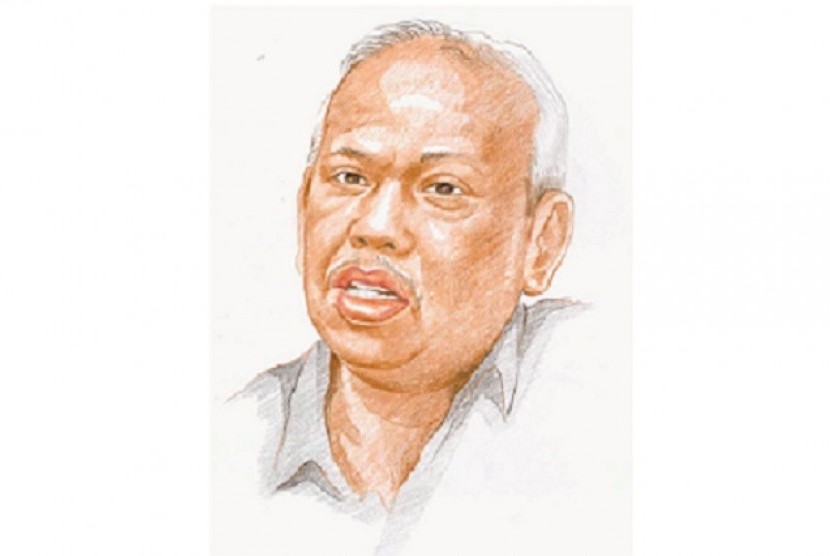By Azyumardi Azra
The beginning relationship between Islam and modernity is a classic discourse. Warm controversy between these two entities reached its peak on 1970’s. Indonesia was one of the implicated countries in the middle of economic, social and culture modernization process. But, when development spin continued rapidly, discussion and debates about them receded and even almost vanished from academic and public sphere.
On that context, I was taken by surprise when around 15 professors majoring economic and business from Stanford University, Palo Alto, California, USA, in an exclusive discussion on last March in Jakarta, questioned about the relationship between Islam and modernity. Still related to that matter, they also asked a question whether Islam and Indonesian Muslims were adaptive and supportive to economic and business growth in the globalization era.
I don’t know exactly why did questions about Islam, modernity, work ethics and economic and business growth rise back. Because, in my mind, during their trip in Indonesia, they must have seen many actualization of modernity in the largest Muslim country in the world, from democracy, freedom of press, human rights, gender equality, capitalist economic system, sky scrapers, massive malls, et cetera.
Those questions could rise from their lack of knowledge about dogma, history, and sociology of Muslims. But it could also rise from their understanding and perception of many Muslim countries around the world that still live in scarcity, poverty, and unemployment.
Of course, there are some Muslim countries and societies rich in natural resources such as oil and gas, but that wealth still untapped for the improvement of human resources and funding for economic and social benefit of other Muslim societies in other parts of the world.
Furthermore, such perception indicated that the old paradigm about Islam and modernity around western scholars, especially the non-Islamic studies specialists, still proceeding. The old paradigm came from the arguments about doctrinal, politics and socio-cultural barriers within Muslim society which made modernity and modernization inoperative. Furthermore, according to this argument, Muslim societies were lack or even dispossessed socio-cultural factors as the requirements for the growth of modernity and economic growth eventually.
This point of views had a deep root, since the beginning of Islam and Muslim society studies in 18th century, when colonialism force was pushing through Muslim World. Empowered by the interest of political glory, economic prosperity and religious converting mission, Islamic studies then well known as Orientalism, has placed Islam and Muslim societies as theological-doctrinal, historic and socio-cultural static framework and reality.
Inability of Muslim societies on fighting European expansion has made the image and (mis)perception about Islam even stronger. Coming from such Orientalism studies then emerge paradigm about Islam and modernity through theories formulated by social classic historians and theoreticians from Ernest Renan (1862), Max Weber (1922) to the contemporary ones such as Bertrand Badie (1987), Marcel Gauchet (1997), Remi Brague (2002) and Bernard Lewis (2002).
To such Western paradigm, also contained theory about the incapability of Islam and Muslim societies to be modern. Vice versa, this paradigm also assume that modernity only comes from European’s (or Western generally) religious, politics, social and culture experiences. Therefore, if non-West societies – especially Muslim – eager to reach modernity for advancement, they have to adopt from
European experiences and transform many life aspects simultaneously. There are loads of objection stated by Muslim and Western scholars about the misperception of such paradigm. In fact, since end of 1970’s the accusations to Orientalism fundamental existence which formed diverse bias and misperception about Islam have risen.
(Indira Amaranti)



